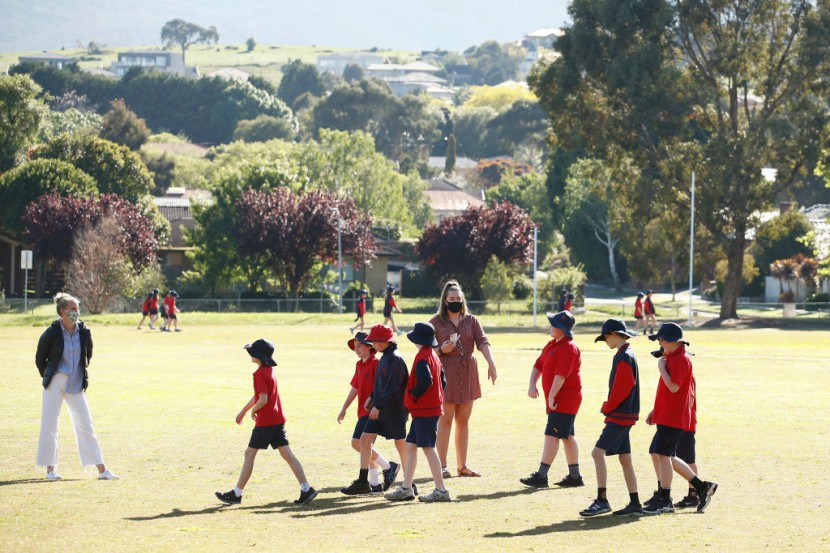
Australia is trying its best to live with the virus by reopening its borders to non-citizens after a two-year entry ban.
According to reports, vaccinated skilled migrants and foreign students are now allowed to enter the country despite increasing Omicron cases in Australia. One of the goals for the reopening has to do with Australia's economy, which was badly affected by COVID-19.
Australia PM says locals are living with the virus
Prime Minister Scott Morrison said that Australians have no other choice but to live with the virus because it's not going anywhere anytime soon. He also said that Australia has one of the highest vaccination rates that's why he's confident that they are doing the right thing.
"We're going to live with this virus, and we're not going to let it drag us back to where we've been. We've got one of the highest vaccination rates, which means we can fight this thing. We don't have to surrender to it," Morrison said via NDTV.
Morrison also confirmed his upcoming trip to Queensland after getting a negative test result. Last week, the prime minister came into casual contact with a covid-positive patient while at an event.
Australian visitors need to submit COVID-19 tests
Australia was supposed to open its borders two weeks ago, but officials postponed it due to Omicron. The country's borders were first closed in March 2020 in an attempt to contain the spread of the virus.
According to Daily Mail, Australian visa holders must be fully vaccinated to enter the country. They also need to show a negative Covid test 72 hours after the arrival.
Universities Australia chief executive Catriona Jackson said that she's excited to welcome back international students into the country.
New South Wales opens borders, eases restrictions
This week, New South Wales also lifted most of its restrictions for unvaccinated people even though the state logged over 1,000 new cases of COVID-19 in the past couple of days.
Prior to this, there were concerns that reopening borders and lifting entry bans could result in a surge in Omicron cases. After all, there were already 804 Omicron cases in New South Wales on Tuesday.
The state also announced that fully vaccinated persons from the eight South African countries no longer need to quarantine for 14 days. But everyone is required to self-isolate for 72 hours.
Sharon Lewis, an infectious diseases expert from the Doherty Institute, urged everyone not to be alarmed due to the increasing number of Omicron cases. After all, this is expected due to the variant's high mutation rate.
NSW health minister urges locals to get booster shots
New South Wales Health Minister Brad Hazzard said that he's alarmed because not a lot of people in the state have gotten their booster shots. But even if this is the case, he said he wouldn't impose a snap lockdown.
However, he also pointed out that vaccinated people are hanging out with unvaccinated individuals, so there will definitely be an increase in COVID-19 cases in the country, according to The Daily Star.
Related Article: Canada, Australia Detect Travelers With New COVID-19 Variant Omicron; New Travel Restrictions Are In Place








